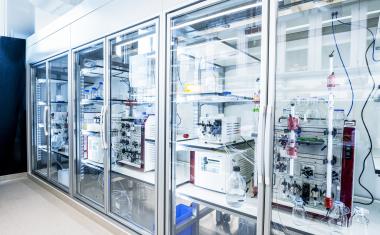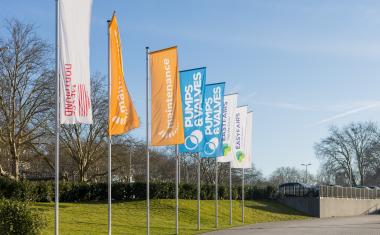Lummus Wins Indonesia, China Contracts
Lummus Technology and its joint venture partner Chevon Lummus Global (CLG) have won multiple technology contracts from Pertamina Rosneft Pengolahan dan Petrokimia (PRPP), a joint venture between Indonesia’s Pertamina and Russia’s Rosneft Oil, for a grassroots refinery and petrochemical complex in Tuban, Indonesia.
Lummus will provide the license and basic engineering for the following technologies: ethylene, including pyrolysis gasoline hydrogenation, C4 total hydrogenation and BASF’s Selop selective hydrogenation; ethylbenzene/styrene; and CDMtbe. CLG will provide the license and basic engineering for its residue desulfurization technology.
Once complete, Lummus said the olefins complex will be largest liquefied petroleum gas steam cracker in the world and highly integrated with the refinery to maximize propylene.
As part of the agreement, and at a later stage, Lummus will also offer its proprietary Short Residence Time (SRT) heaters and CLG will also provide its proprietary Isomix-e reactor internals to optimize its state-of-the-art catalyst system for higher yields and longer run lengths.
"This award is an excellent example of Lummus’ distinct ability to provide integrated, multi-technology solutions, which is a major benefit for large operators in Southeast Asia,” said Lummus Technology’s president and CEO Leon de Bruyn. “By selecting our best-in-class technologies, PRPP will minimize its risk of implementation for this project and achieve competitive process economics in the future.”
A timescale for the project was not revealed.
In separate news, Lummus announced that it has also been granted a second contract from Ningbo Kingfa Advanced Materials for two propane dehydrogenation (PDH) units based on its Catofin technology. Lummus licensed the technology for the Chinese company’s first PDH unit in 2011.
The two plants will be built in Ningbo, Zhejiang province, each with a capacity of 600,000 t/y. An onstream date was not disclosed. Lummus will provide the technology license, process design package and technical services, along with catalysts from its partner Clariant.
De Bruyn said its best-in-class Catofin technology and Clariant catalysts provide a “highly reliable and low carbon route to propylene.”
Author: Elaine Burridge, Freelance Journalist



















